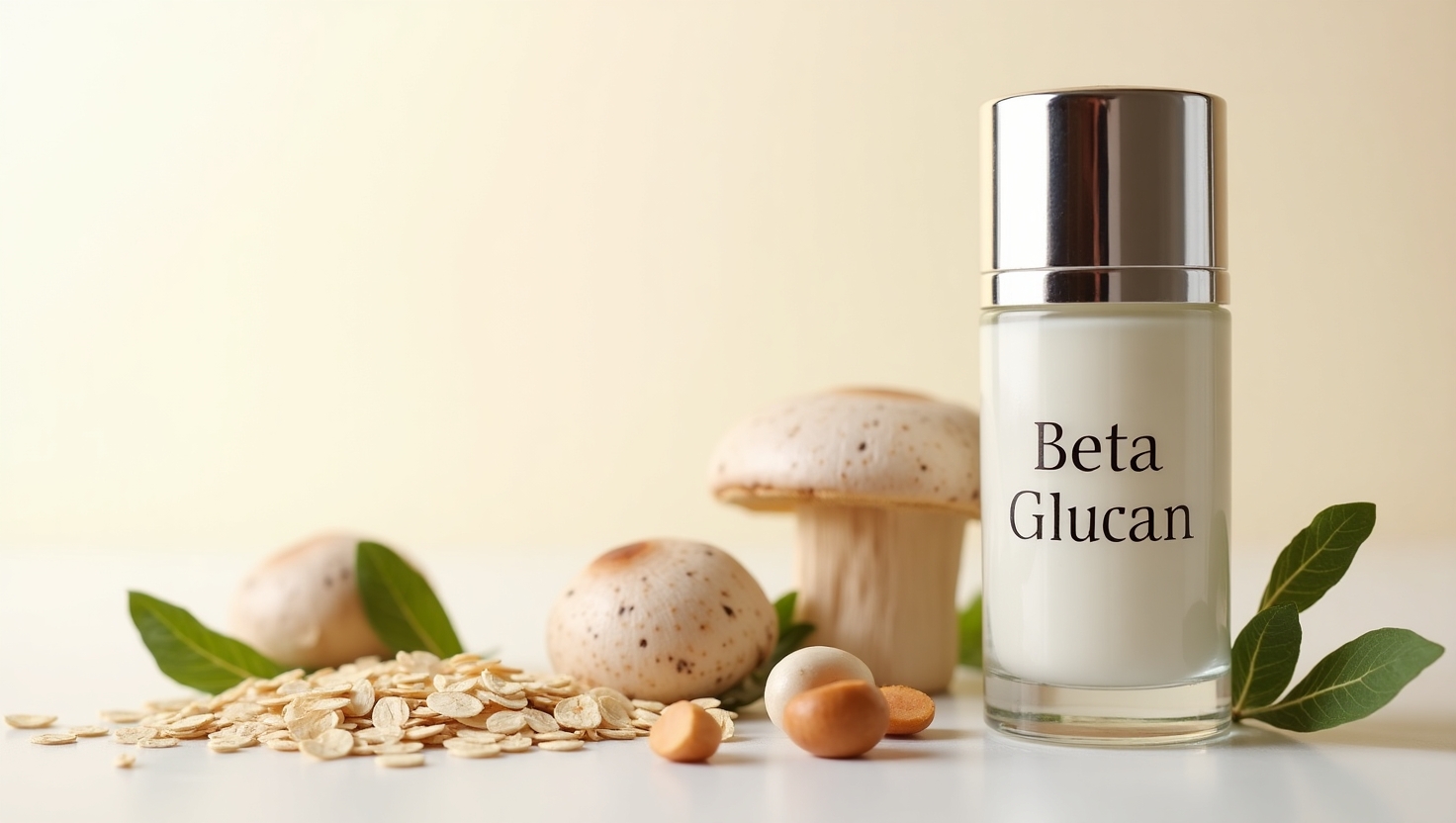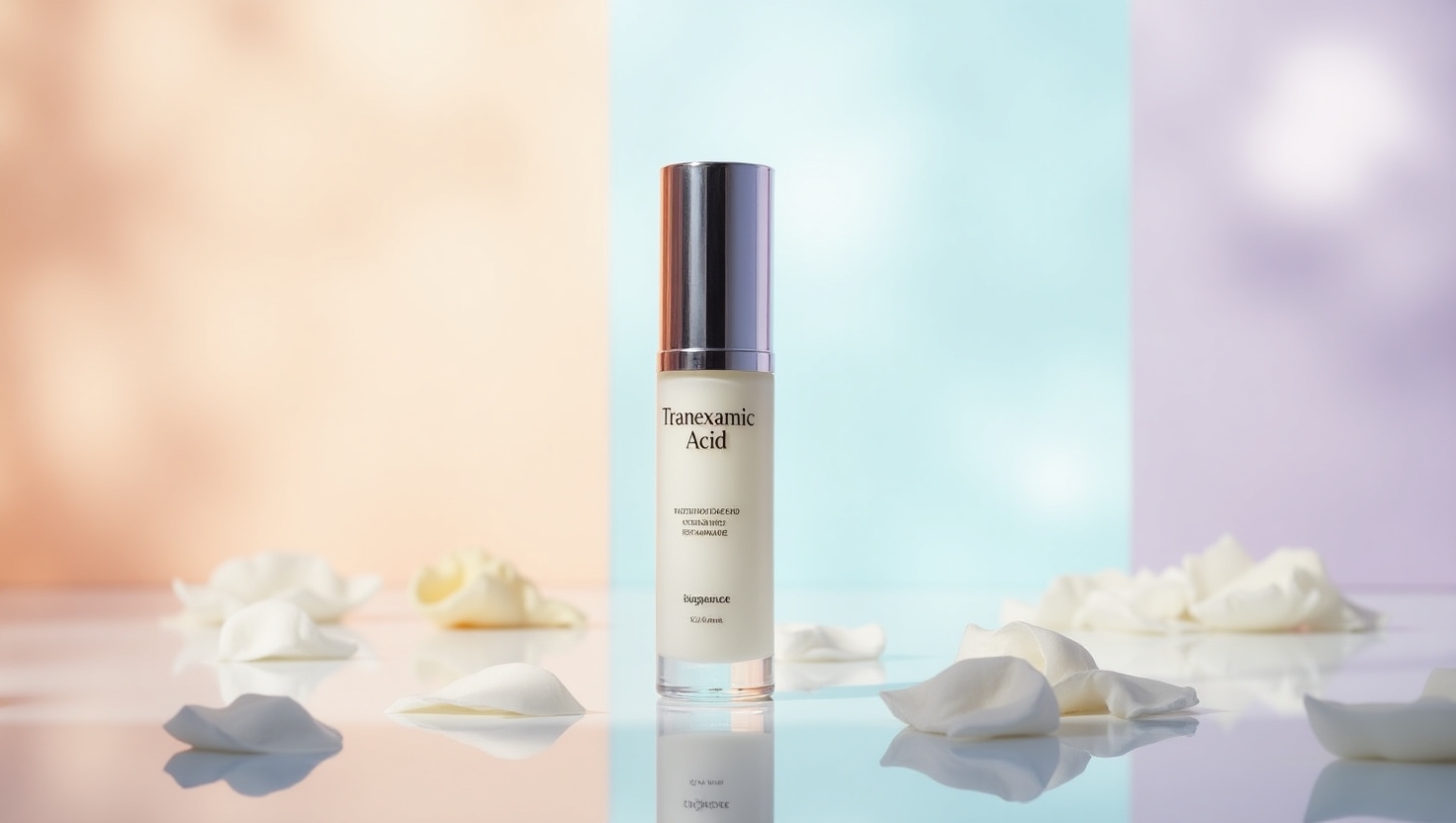Your gut does more than digest food—it plays a vital role in hormone regulation, particularly estrogen. Probiotics, the friendly bacteria that live in your digestive tract, can help maintain hormonal balance by supporting estrogen elimination and improving overall gut health. In this article, we’ll explore the benefits of probiotics, how they support hormone health, and practical tips to incorporate them into your diet.
What Are Probiotics?
Probiotics are live microorganisms, mainly bacteria, that provide health benefits when consumed in adequate amounts. These “good bacteria” are essential for maintaining a healthy gut microbiome—a community of trillions of microorganisms that live in your digestive system.
The gut microbiome influences many aspects of health, including digestion, immunity, and hormone balance. Specifically, certain strains of probiotics aid in metabolizing and eliminating excess estrogen through a process known as estrobolome activity.
How Probiotics Support Estrogen Balance
Estrogen is metabolized in the liver and then sent to the gut for elimination. If your gut health is compromised, estrogen may be reabsorbed into the bloodstream instead of being excreted, leading to estrogen dominance. Probiotics play a crucial role in this process by:
Enhancing Estrogen Metabolism
Certain probiotic strains help maintain healthy levels of beta-glucuronidase, an enzyme involved in estrogen metabolism. By balancing this enzyme, probiotics ensure that estrogen is properly broken down and eliminated.Promoting Digestive Health
A healthy gut is essential for efficient waste elimination, including excess hormones. Probiotics improve digestion and prevent issues like constipation, which can hinder the removal of toxins and estrogen.Reducing Inflammation
Chronic inflammation in the gut can disrupt hormone balance. Probiotics help reduce inflammation, creating an optimal environment for hormonal health.Supporting the Gut-Liver Axis
The gut and liver work together to detoxify the body. Probiotics enhance this connection, ensuring that toxins and excess hormones are efficiently processed and eliminated.
Benefits of Probiotics for Hormonal and Overall Health
In addition to supporting estrogen balance, probiotics offer several other benefits:
- Improved Digestion: They reduce bloating, gas, and other digestive discomforts.
- Boosted Immunity: Probiotics strengthen your immune system, protecting against infections.
- Better Skin Health: A balanced gut can improve conditions like acne and eczema.
- Mood Regulation: The gut is often called the “second brain” due to its influence on mood and mental health. Probiotics can help reduce stress and anxiety.
- Weight Management: Certain strains of probiotics may aid in weight loss and prevent weight gain.
Natural Sources of Probiotics
Incorporating probiotic-rich foods into your diet is a simple and delicious way to support your gut health. Some of the best sources include:
- Yogurt: Choose unsweetened, live-culture varieties.
- Kefir: A fermented milk drink packed with probiotics.
- Sauerkraut: Fermented cabbage rich in live bacteria.
- Kimchi: A spicy, fermented Korean side dish.
- Miso: A fermented soybean paste used in soups and marinades.
- Pickles: Opt for naturally fermented pickles without vinegar.
- Kombucha: A fizzy, fermented tea with gut-friendly bacteria.
Probiotic Supplements: Are They Necessary?
If you’re unable to get enough probiotics from food, a supplement can be a convenient option.
How to Choose the Right Supplement:
- Look for a product with multiple strains, such as Lactobacillus and Bifidobacterium, which are beneficial for gut health and hormone balance.
- Aim for a supplement with at least 10 billion CFUs (colony-forming units).
- Choose a high-quality, third-party-tested brand to ensure potency and safety.
When to Consider a Supplement:
- If you’re dealing with hormonal imbalances like estrogen dominance or symptoms like bloating and fatigue.
- After a course of antibiotics, which can deplete good bacteria.
- If you experience chronic digestive issues or frequent infections.
How to Incorporate Probiotics into Your Routine
Probiotics are most effective when consumed regularly. Here’s how to make them part of your daily routine:
Start Your Day with Yogurt or Kefir
Add fresh fruit and nuts to plain yogurt or kefir for a gut-boosting breakfast.Snack on Fermented Foods
Enjoy a side of sauerkraut or kimchi with lunch or dinner.Drink Kombucha
Replace sugary sodas with kombucha for a fizzy, probiotic-packed alternative.Include Miso in Your Meals
Use miso paste to make soups, marinades, or salad dressings.Take a Supplement
If food sources aren’t enough, consider a high-quality probiotic supplement.
Practical Tips for Maximizing Probiotic Benefits
- Pair probiotics with prebiotics (foods that feed good bacteria), such as garlic, onions, bananas, and oats.
- Stay consistent—probiotics work best when taken daily.
- Maintain a healthy diet low in processed foods and high in fiber to support a thriving gut microbiome.
- Avoid excessive alcohol and sugar, which can harm good bacteria.
Who Can Benefit From Probiotics?
Probiotics are beneficial for almost everyone, but they’re particularly helpful for:
- Women experiencing hormonal imbalances, PMS, or menopause symptoms.
- Individuals with digestive issues, such as IBS or constipation.
- Those recovering from antibiotics or illnesses.
- Anyone looking to improve their overall health and immunity.
Conclusion
Probiotics are a simple yet powerful way to support your gut health, hormonal balance, and overall well-being. By adding probiotic-rich foods like yogurt, kefir, and sauerkraut to your diet—or considering a supplement if needed—you can help your body eliminate excess estrogen and improve your digestive health.
Start small by incorporating one or two probiotic sources into your routine, and pair them with a fiber-rich, balanced diet for maximum benefits. With a healthier gut, you’ll notice improvements in digestion, mood, skin, and even weight management.










[…] HereProbioticsClick HereOmega-3 Fatty AcidsClick HereDIM (Diindolylmethane)Click […]